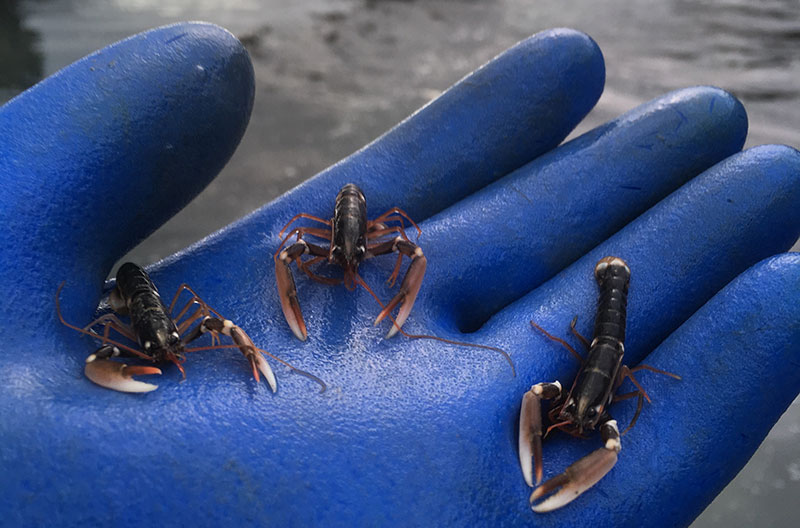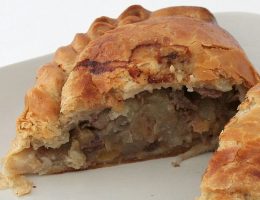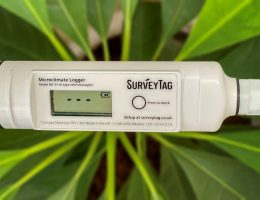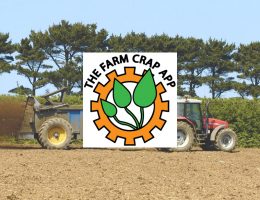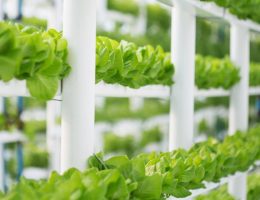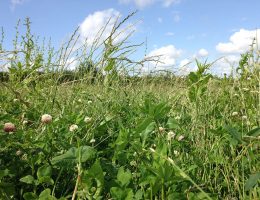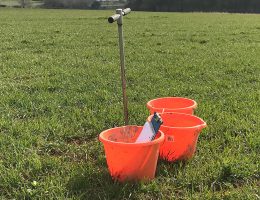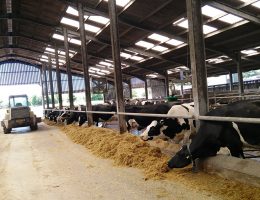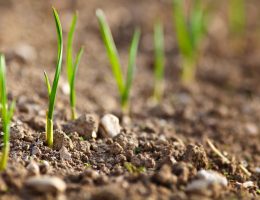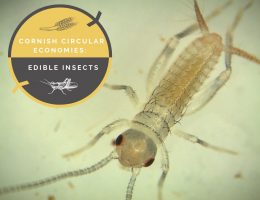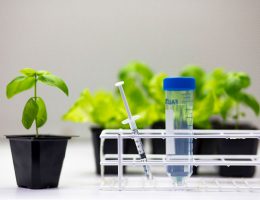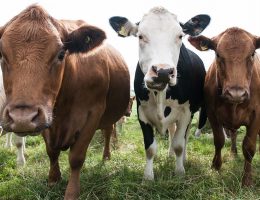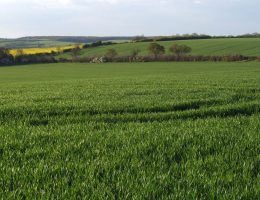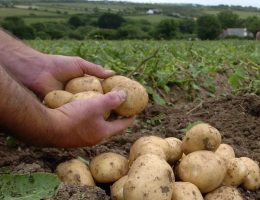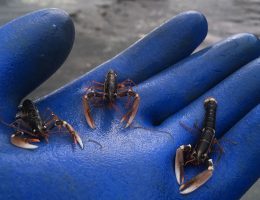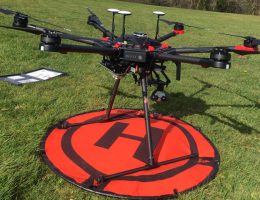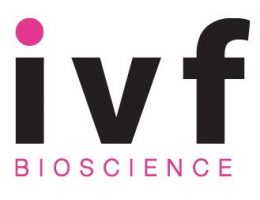Developing Genetic Assignment Resources for Lobster Conservation and Fisheries Traceability
The project aimed to help lobster hatcheries to ensure they were managed in an ecologically and economically sustainable way. The motivation for this was that although hatcheries have reaped the benefits of the species’ population enhancement, their successes have also had some unintended consequences, not all of them beneficial.
In short, the importance of proper genetic management has sometimes been overlooked, mainly because the only available tools to distinguish recaptured hatchery individuals from their natural counterparts have been expensive and unreliable.
The genetic screening techniques we developed and tested enable lobsters to be identified in three ways: by species, population and family. These categories help with aquaculture development and stock conservation, as well as seafood traceability. Practically, this means potentially-invasive American lobsters can be distinguished from their European counterparts; it means enabling the establishment of regional provenance among catches; and it also means accurate identifications of pedigrees, parentage and sibships to foster the optimum levels of selective breeding and inbreeding.
Over and above these goals (and although not our primary aims), our work helped develop knowledge and tools which, industry-wide, would help with conservation management, product traceability and best-practice in new stocking efforts. The European lobster is, pound-for-pound, Britain’s most valuable commercial seafood, and our industrial collaborators in Cornwall – the National Lobster Hatchery in Padstow and Wing of St Mawes in Indian Queens – saw our ability to provide this genetic analysis commercially as being key to their businesses’ long-term viability and success.
The project delivered on all of its original ambitions, providing a trio of genetic assignment tools, whose commercial applications became very clear as the project developed, and which will mean conservation measures can be focused on native rather invasive species (and, by extension, could lead to producers, processors and retailers being able to prove the provenance of what we’re eating).
We’re now actively pursuing plans with potential customers to put these resources into practice; it also means the project more broadly will have lasting impacts on fields as varied as biological conservation, aquaculture development, as well as fisheries traceability.
To find out more please email Alex Huke at a.r.huke@exeter.ac.uk or call us on 01326 255844.

